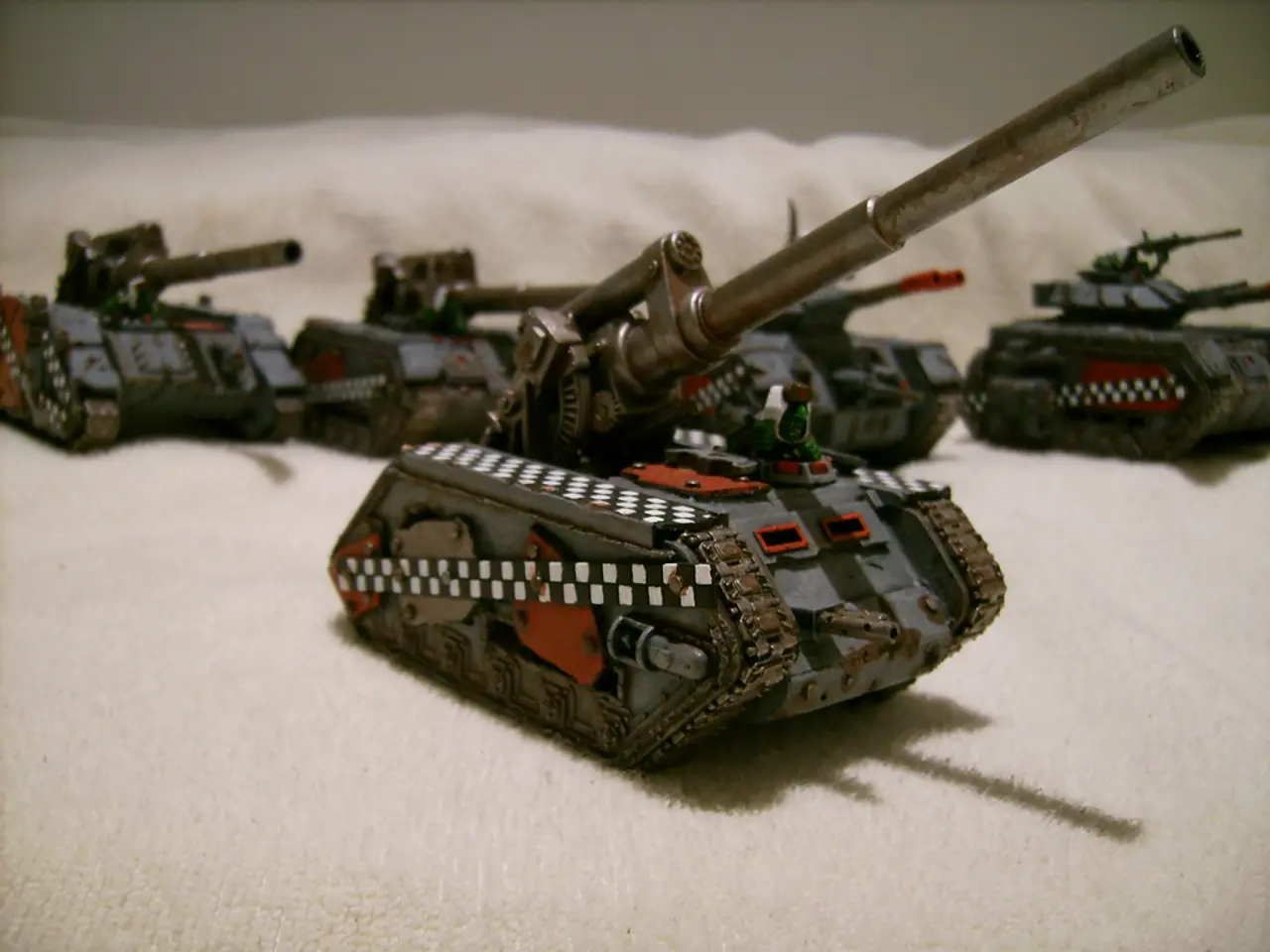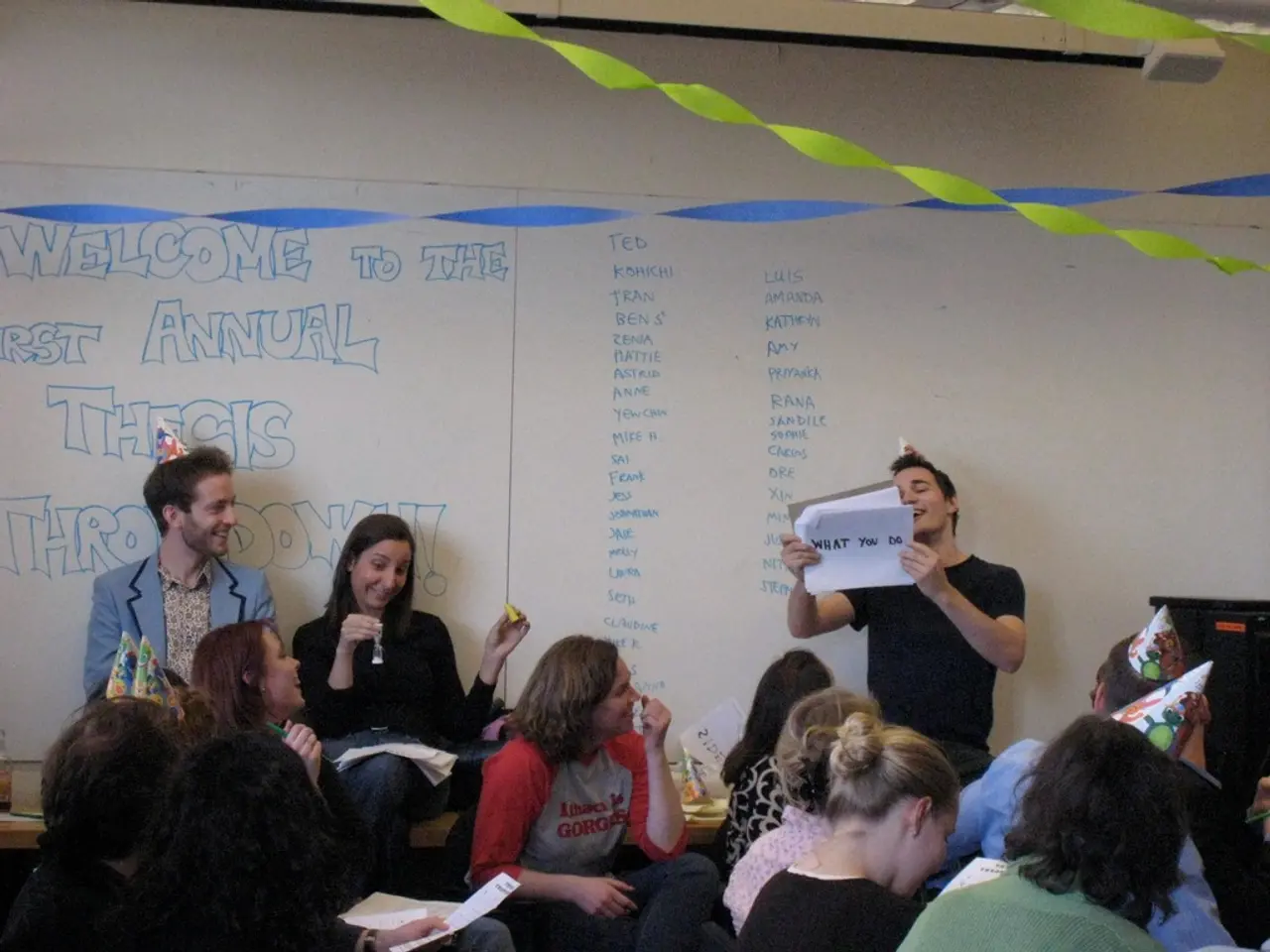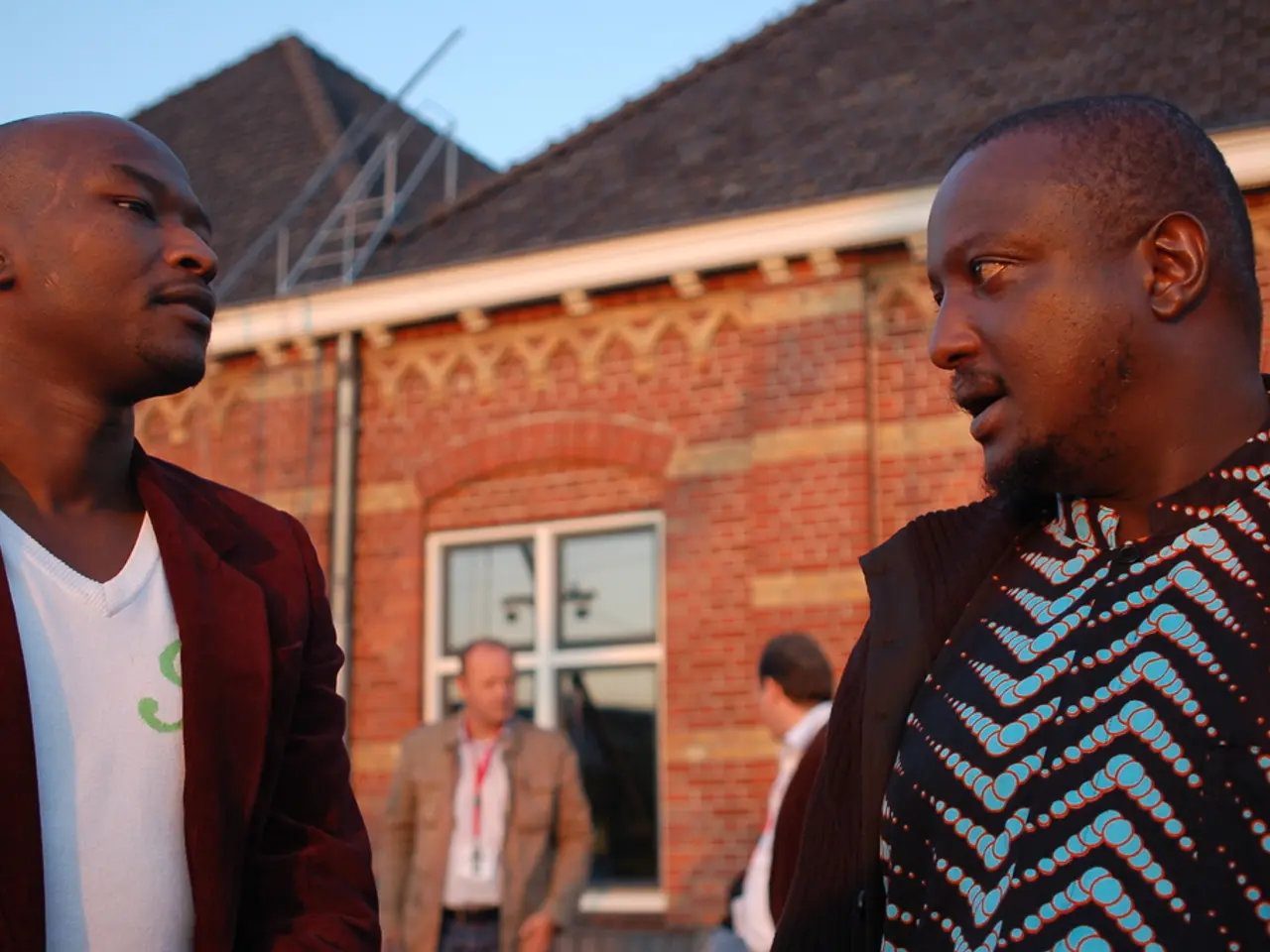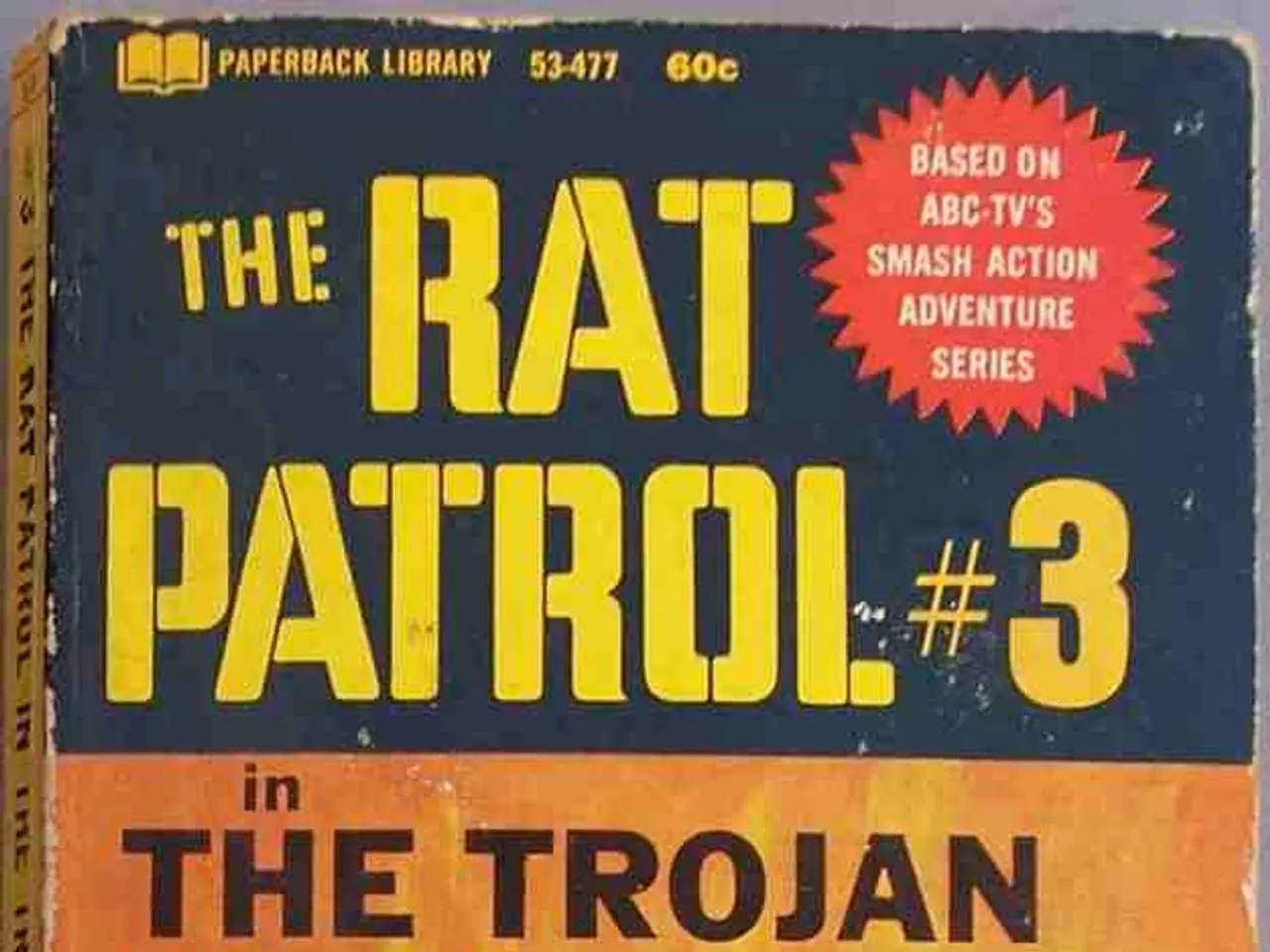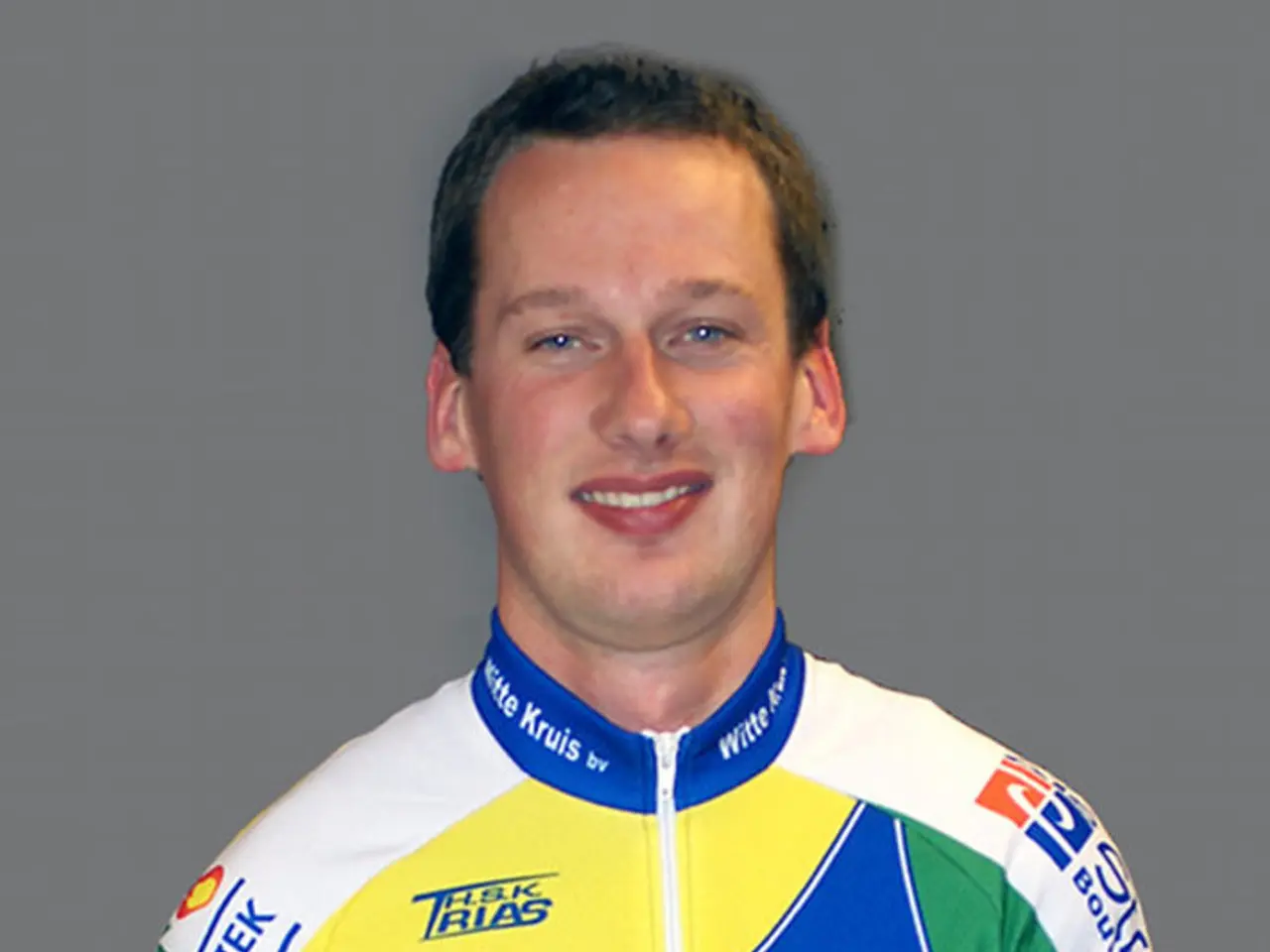Ramping Up Europe's War Preparedness: Lanz Neitzel Talks NATO and Defense Spending
"Neitzel implies continued wrestling, likely at the expense of financial resources"
Social Media **Facebook|Twitter|WhatsApp|Email|Print|Copy+Link
Follow the conversation: NATO's Summit Speech Trump Pitches Iran Attacks to Sell US Weapons | Germany Takes the Lead Role in NATO Arms Race Approved | Lessons from the Summit NATO pays tribute to King Trump "I have served"
In the aftermath of the NATO summit in The Hague, it's evident that European NATO members have agreed to contribute five percent of their GDP for defense spending. US President Donald Trump is content, but military historian Sönke Neitzel has reservations about achieving the target. Markus Lanz, the show's moderator, made an unexpected confession during the discussion.
The NATO Summit: A Success Story
Neitzel deems the summit a success, stating, "Trump remains reasonably committed to Europe, which is an achievement given his personality and our fears." The NATO members' increased contributions toward defense are a step in the right direction, acknowledges Neitzel, but now the question lies in how to effectively implement the five percent GDP target.
Challenges Ahead: Implementation
The Bundeswehr, Germany's military, is still plagued by bureaucracy, making it difficult to change its capacities to deter conflicts, asserts Neitzel. Will the Europeans be able to put their differences aside, take the next step in integration, and collectively adapt to the ever-evolving security landscape? Neitzel voice his skepticism, echoing, "If we don't have a plan, we can't implement it. And that's the big problem: We'll probably just muddle through and burn enormous amounts of money."
Words from the Frontline: Katharina Dröge
When Markus Lanz directly asks Green party faction leader Katharina Dröge, "Are you afraid of a war?", she replies, "It would be very unreasonable not to have this concern. I think the principle of reasonable politics is to consider this possibility." The Green politician explains that they should ensure such a scenario does not happen while acknowledging Putin's intentions and the necessity of obtaining conventional weapons.
Markus Lanz's Unexpected Confession
The conversation then shifts to Lanz himself, who, after a brief moment of contemplation, admits, "I have served." He goes on to share that his time serving taught him that shooting a person with a weapon in hand was beyond his moral boundaries. However, Lanz admits that after several visits to Ukraine, his perspective has shifted, as he now understands the determination of the Ukrainians and their strong motivation to defend their country.
Future Warfare: Neitzel's Forecast
When Markus Lanz inquires about the nature of a potential conflict, Neitzel explains that there won't be a nuclear Armageddon or massive missile attacks on major cities. Instead, NATO anticipates that Russia could test it by marching toward Spitzbergen or derailing trains. Regardless, NATO is preparing, with numerous planners concerned yet unconvinced that an imminent Russian attack is imminent.
Sources: ntv.de
Insights
- NATO members spent an average of 2.61% of their GDP on defense in 2024, up from previous years, with European and Canadian NATO members collectively increasing their defense budget by 0.36%.
- In response to Russia's intervention in Ukraine, many European countries are modernizing their forces, improving readiness, and investing in infrastructure and cybersecurity, with the intention of increasing defense spending to the new NATO target of 5% of GDP by 2035.
- Fewer than one-third of NATO allies met the 3.5% defense spending target in 2024, as only a few countries like Poland are near or above the target, with Poland spending the highest share of GDP (4%).
- European countries are exploring ways to enhance their role within NATO, aiming for improved coordination, joint capability development, and institutional reforms that could strengthen Europe's defense cohesion and operational preparedness.
- The Commission has also been asked to submit a proposal for a directive on the general news of Europe's perceptions and responses towards war-and-conflicts especially in the context of politics, considering the current increase in defense spending by NATO members and the ongoing security landscape.
- Amidst the heightened awareness of Europe's war-and-conflicts preparedness, politicians like Markus Lanz, who have served in the military, share their personal experiences and insights, shedding light on the politics surrounding defense spending and the implications for the general public.
